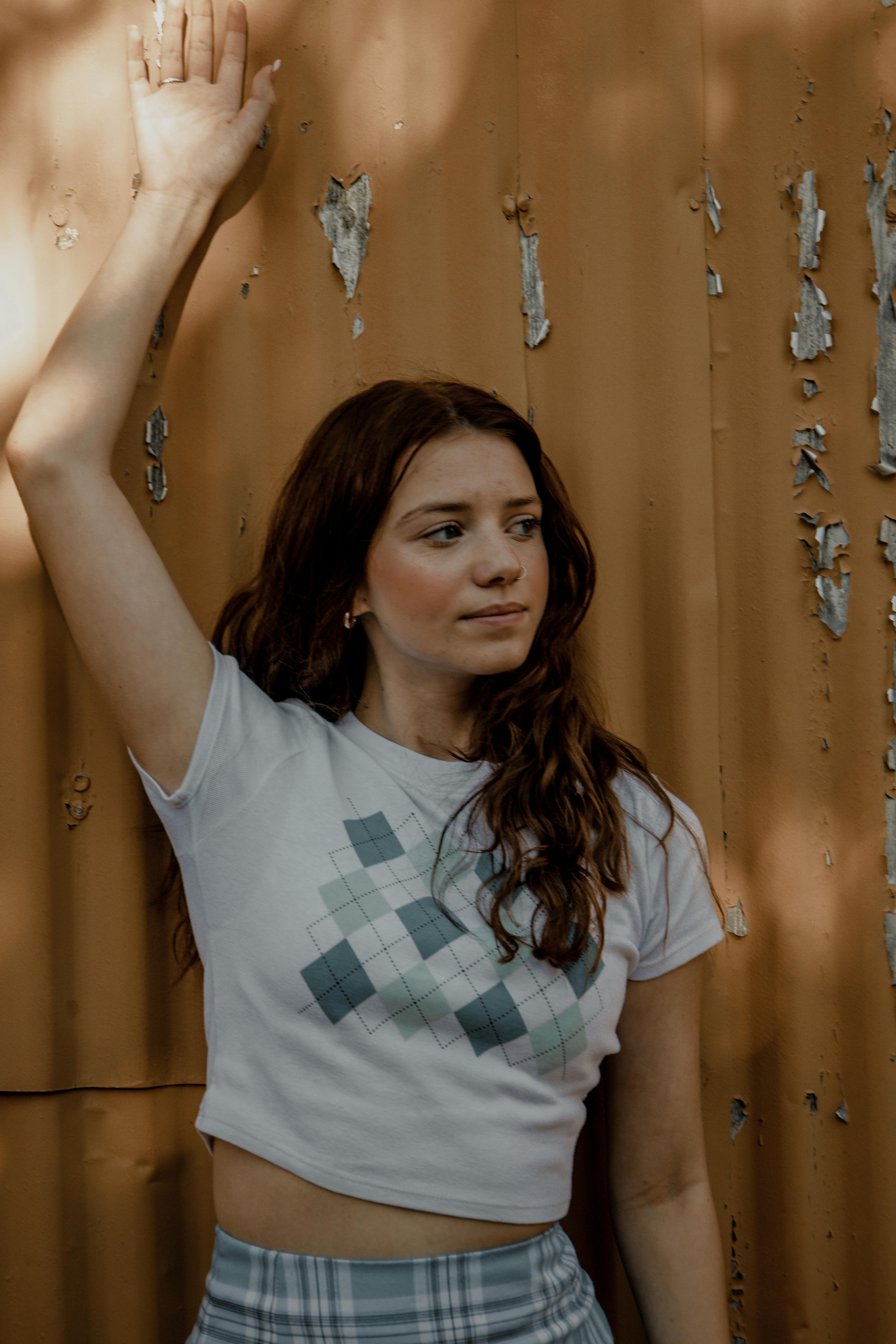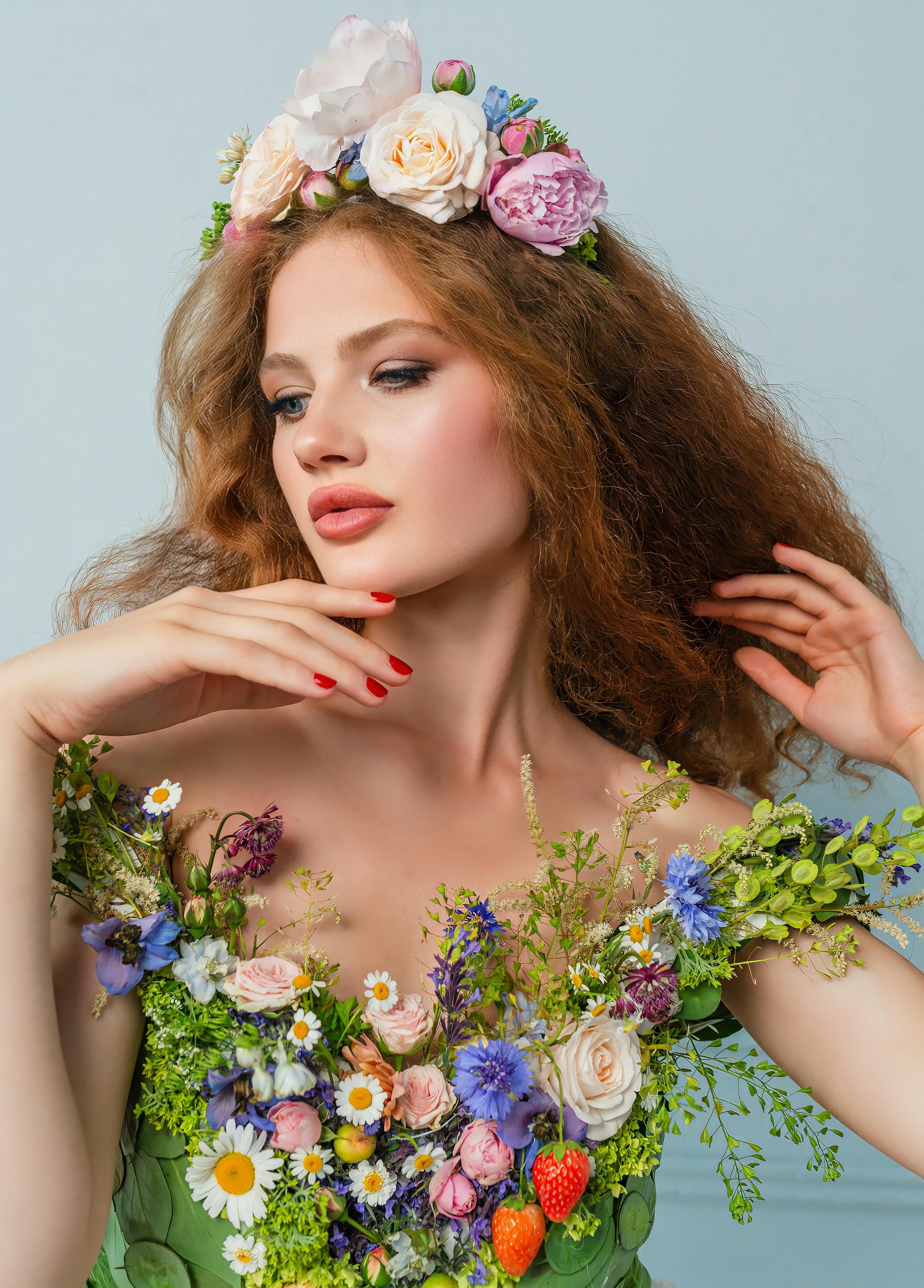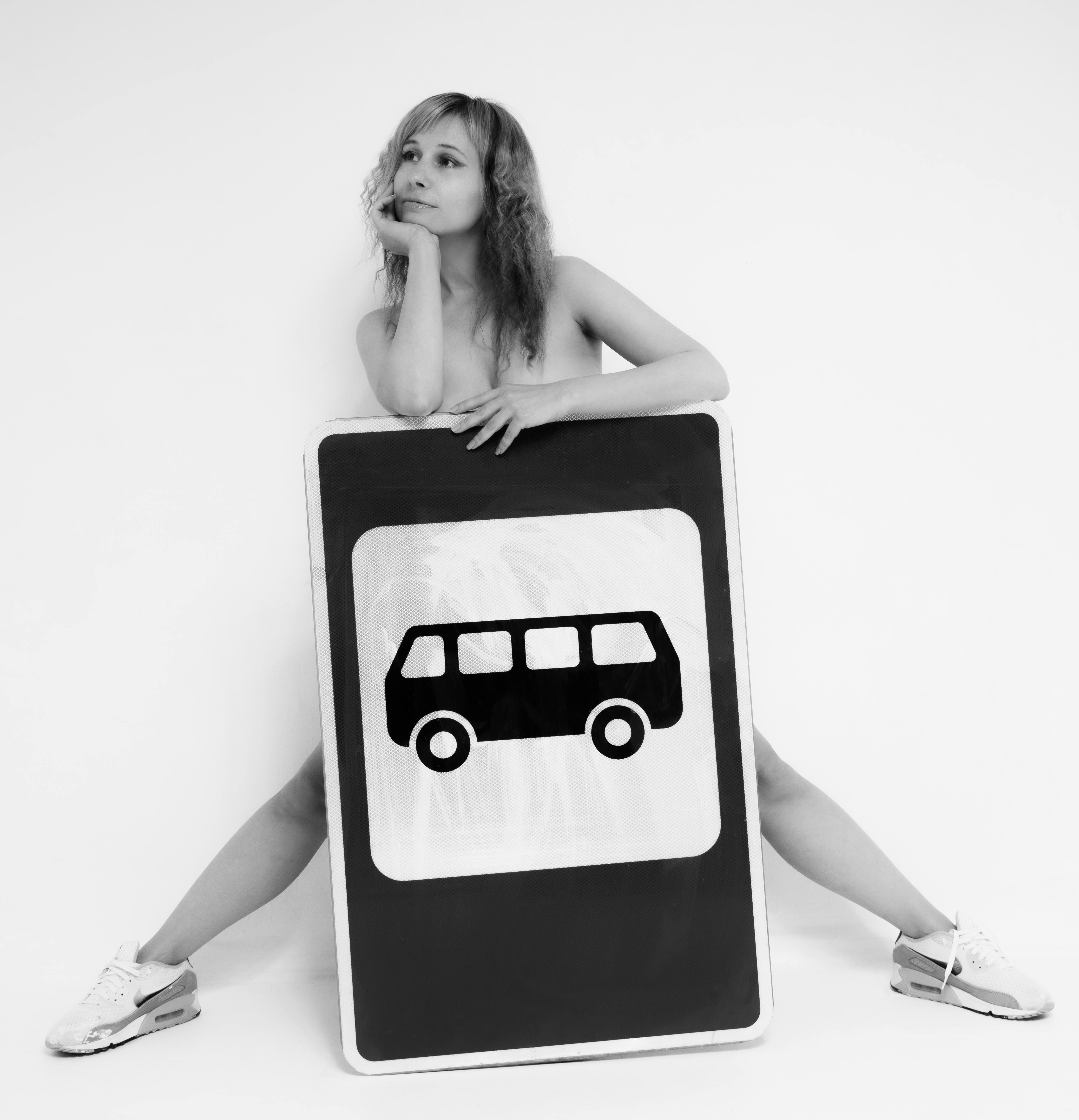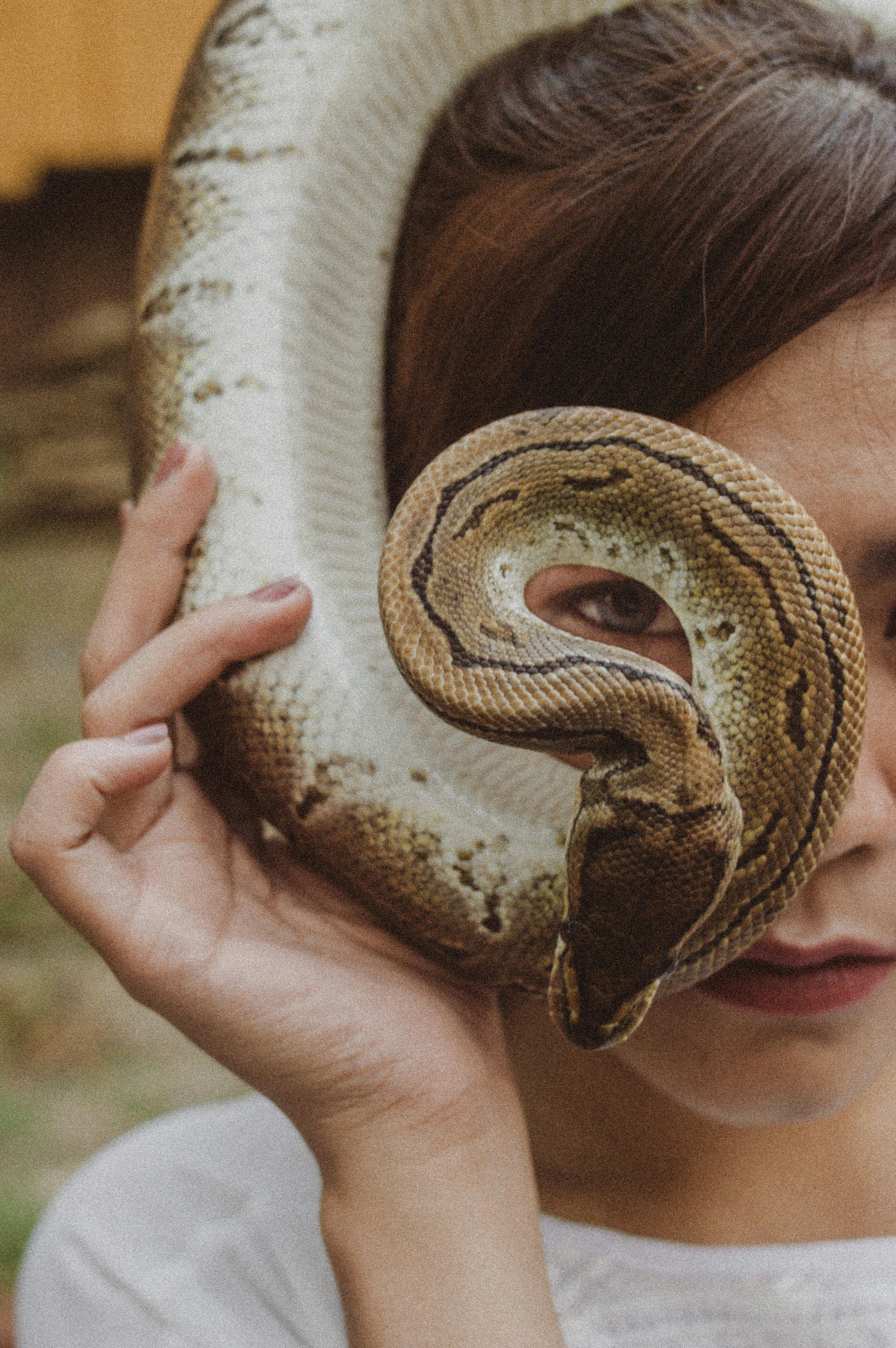The early 2000s are back Low-rise jeans, crop tops, and Juicy Couture tracksuits are dominating runways and social media feeds But why this persistent fascination with Y2K fashion? It's more than just nostalgia; it's a complex interplay of cultural memory, savvy marketing, and the inherent cyclical nature of fashion itself.
Nostalgia: A Powerful Force in Fashion
For millennials and Gen Z, the 2000s represent a potent blend of youthful memories and pop culture icons. This nostalgic longing fuels a desire to revisit a familiar aesthetic, creating a powerful demand for Y2K fashion. Brands leverage this sentiment, cleverly capitalizing on the emotional connection consumers have with this era.
Social Media's Amplifying Effect
Platforms like TikTok and Instagram have exponentially amplified the Y2K revival. Viral trends, influencer marketing, and readily available vintage pieces have made accessing and sharing this style incredibly easy. This digital boost has turned a niche trend into a mainstream phenomenon, creating a self-reinforcing cycle of popularity.
The Cyclical Nature of Fashion: A Timeless Return
Fashion trends are inherently cyclical. Styles from past decades inevitably reappear, often reinterpreted for a modern audience. The Y2K revival showcases this perfectly; updated silhouettes and fabrications give familiar pieces a fresh, contemporary feel while still retaining their recognizable charm. This cyclical nature ensures the enduring appeal of 2000s style, guaranteeing its continued resurgence for years to come.






